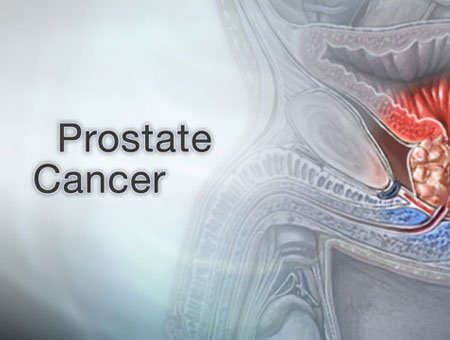
Q. How common is prostate cancer?
Among men, prostate cancer is among the most common type of cancer and the second leading cause of annual deaths due to cancer, following lung cancer. More than 70 percent of all prostate cancer cases are diagnosed in men over the age of 65.
Q. What are the symptoms of prostate cancer?
Often, most of the prostate cancer cases are silent in the early stages. But, in some cases, it may present with symptoms of prostate enlargement or those due to widespread disease including blood in urine, bone pain etc:
1. Nocturnal urge to urinate;
2. Difficult initiation of urination or holding back urine;
3. Weak or interrupted urine flow;
4. Painful or burning urination;
5. Difficult erection;
6. Painful ejaculation;
7. Blood in urine or semen; or
8. Frequent pain or stiffness in the lower back, hips, or upper thighs.
If these symptoms are present or if you are over 50 and not underwent a recent
prostate cancer screening, you should consult an Oncologist.
Q. What is Prostate Cancer screening?
It is a method for detection of a disease way before appearance of actual physical symptoms. These methods are mostly less expensive as they are supposed to be practiced preventively by masses as an intervention to reduce the cases of prostate cancer.
Prostate Cancer screening consists of 2 major procedures:
a) Prostate-Specific Antigen Test – Blood Test
b) Digital Rectal Exam (DRE)
Q. How prostate cancer is typically treated?
There are a variety of ways to treat prostate cancer including Surgery (For excision of the entire prostate) Radiation therapy (For killing of the malignant cells in and around the prostate) Hormone deprivation therapy (inhibition of production of hormones beneficial for carcinoma cell growth) Chemotherapy (To stop the division and multiplication of cancer cells) Active surveillance and/or watchful waiting are done for patients with strict follow up.
Q. What are the chances of survival?
Majority of the prostate cancer patients have excellent prognosis with high cure rates when detected in early stages. In advanced stages of the disease, data suggest chemotherapy extends periods of survival among men who did not show any response to hormone therapy.
.